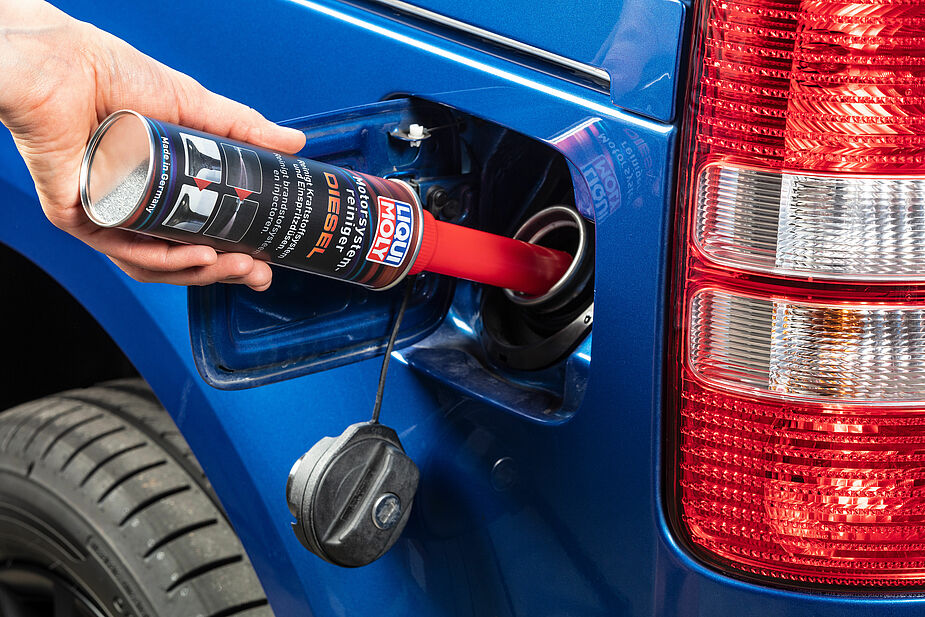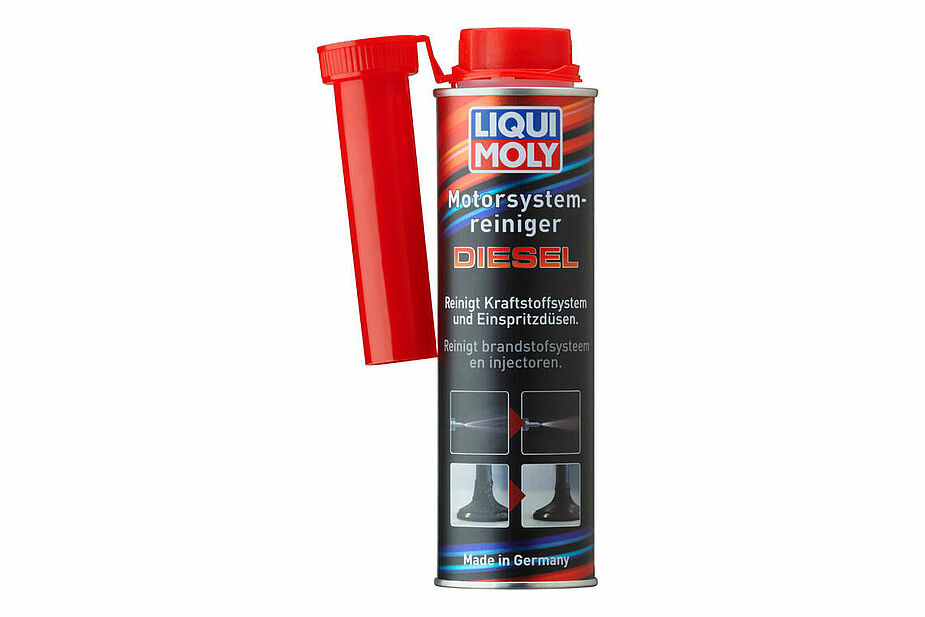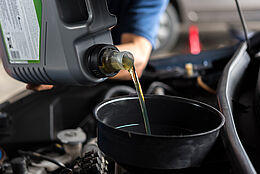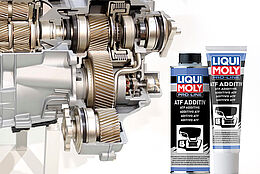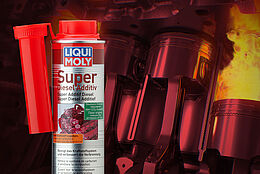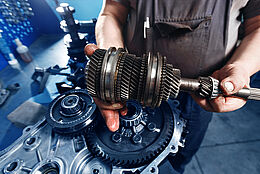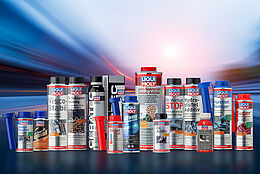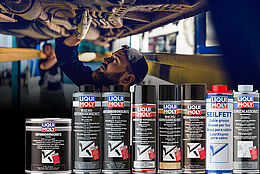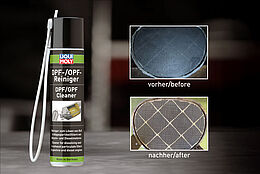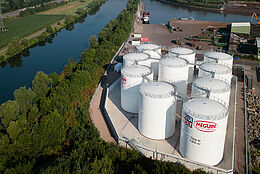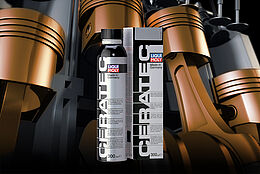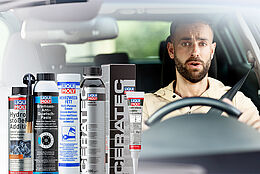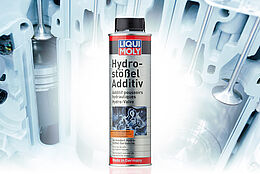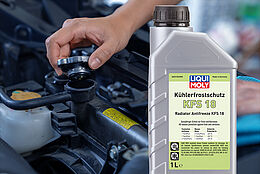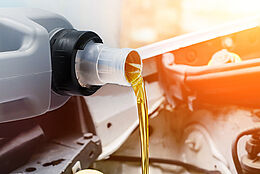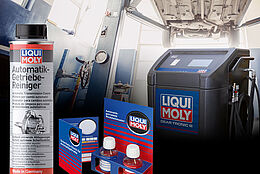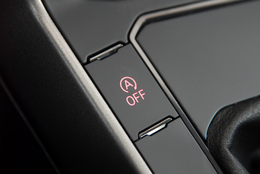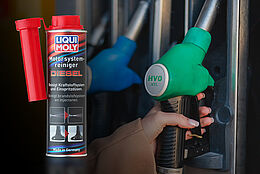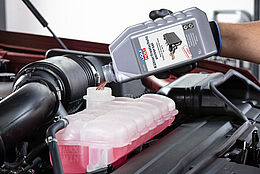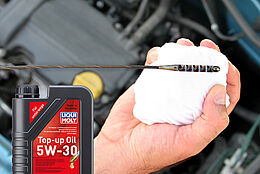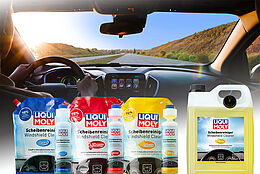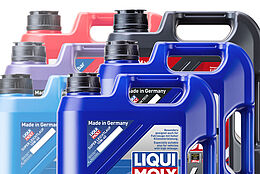- 04/23/2024
“Additional additives are also advisable for the new fuels”
New alternative fuels offer customers in Germany a wider range at the fuel pumps. B10 and XTL or HVO are more climate-friendly diesel fuels. In an interview, David Kaiser, Head of Research and Development at lubricant specialist LIQUI MOLY, explains what to look out for before filling up with the new fuel variants.
B10, XTL, HVO – three abbreviations, but only two new fuel types. What does that mean exactly?
David Kaiser: “With B10 diesel, the explanation is simple. Compared to the previous B7 diesel, which has a biodiesel content of seven percent, this is ten percent for B10. The remaining 93 and 90 percent are fossil diesel. In contrast to HVO, the fuel is still made from low-processed natural materials. And that’s where we come to the next abbreviation. HVO stands for Hydrotreated Vegetable Oils. They are made from waste food or vegetable oil. XTL is the shorthand for X-To-Liquid.. The X stands for any energy source that is liquefied. The starting material can be any raw material. And it is converted into paraffinic diesel in a synthetic production process.”
The procedure is always the same?
David Kaiser: “No, there are two different ones. In the Fischer-Tropsch process, the fuels are produced from a synthesis gas, which serves as the basis. This is composed of hydrogen and carbon monoxide and can originally be biomass, coal, natural gas or green hydrogen and CO2 from the air. The additive gives the fuel its name: BTL is biomass-to-liquid. In the case of CTL, the C stands for coal, and in the case of gas, the fuel is called GTL when using natural gas or e-fuel when using hydrogen from electrolysis. The other process uses hydrogenated vegetable oils, HVO for short. It can be refueled in pure form or mixed with fossil diesel.”
Are there more specific designations for these mixtures?
David Kaiser: “Yes. Depending on the HVO content, the fuel is called Climate Diesel 25, Climate Diesel 90 or HVO 100 or “C.A.R.E. Diesel”.
Who can fill up with these alternative fuels?
David Kaiser: “Any vehicle approved by the manufacturer. If there is a symbol with the marking XTL or B10 on the inside of the fuel filler flap, the fuel can be filled without hesitation.”
How big are the differences to conventional diesel?
David Kaiser: “In practice, the new diesel variants do not perform worse than the diesel available to date. Tests have shown this. Due to their synthetic nature, XTL and HVO are even higher quality from a technical point of view, as they are free from aromatics and other by-products. At up to 74, the cetane number is also higher than that of fossil diesel (54). This has a positive effect for the combustion behavior in the engine. In addition, 30 percent less particulate matter and nitrogen oxides are produced. What is more, the wear of technical components is lower; these include the particulate filter and exhaust gas recirculation system (EGR). Compared to biodiesel or mineral oil diesel, the alternative fuel burns cleaner and is more resistant to aging.”
Sounds very good for car drivers, less good for a manufacturer of additives that protect against wear and ensure clean combustion. Are fuel additives from LIQUI MOLY no longer needed?
David Kaiser: “And how! 30 percent less wear on technical components means less wear, but not wear-free. Residues and deposits are also still produced as a result of the combustion process, just less than in the B7 diesel. To ensure that the engine runs as long as possible, we also recommend additives that clean and maintain the system when using the new fuel types; for example, the Diesel Engine System Cleaner. Especially because the new diesel types do not have the same lubricating properties as conventional fuel for compression-ignition engines. Our diesel additives can be used safely in B10 and XTL.”

Finally, do you have an expert tip?
David Kaiser: “If you want to switch from fossil diesel to HVO and XTL, it is advisable to clean the fuel system with additives. This removes existing deposits. If you then add additives to the tank regularly when filling up with the new fuels, you prevent combustion residues.”

- Telephone:
- +49 731 1420-178
- Email:
- sina.ataei@liqui-moly.de

